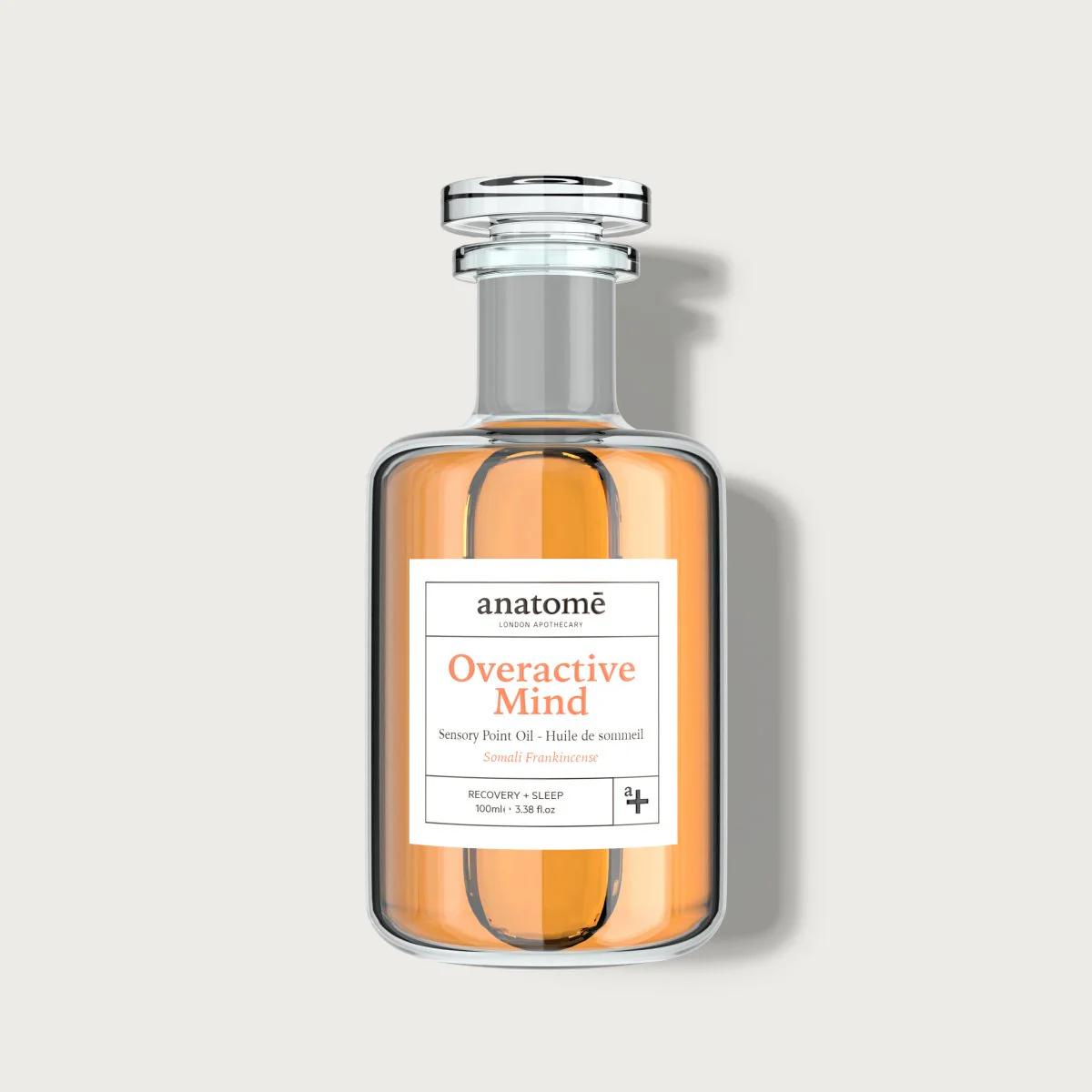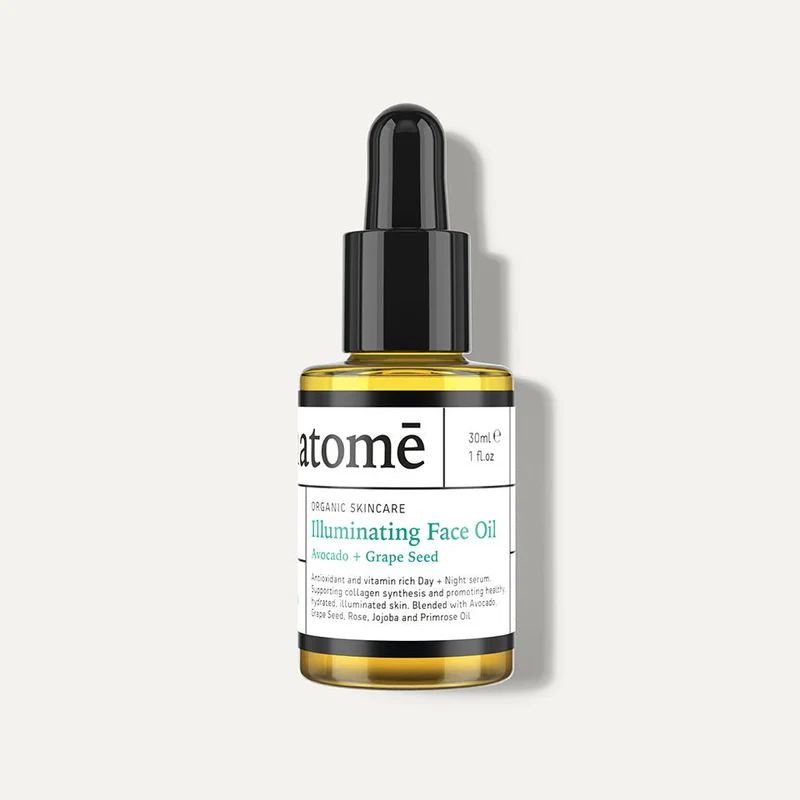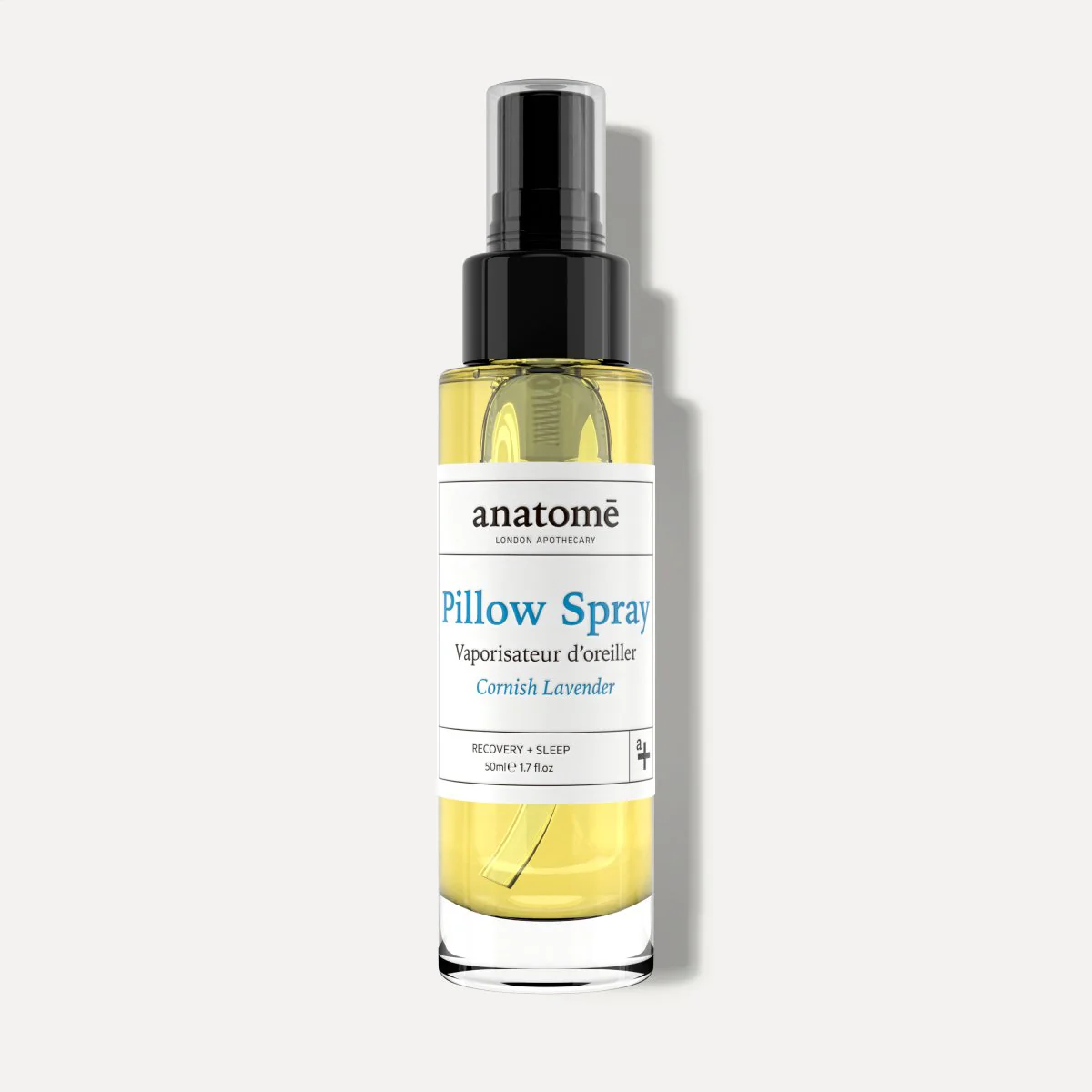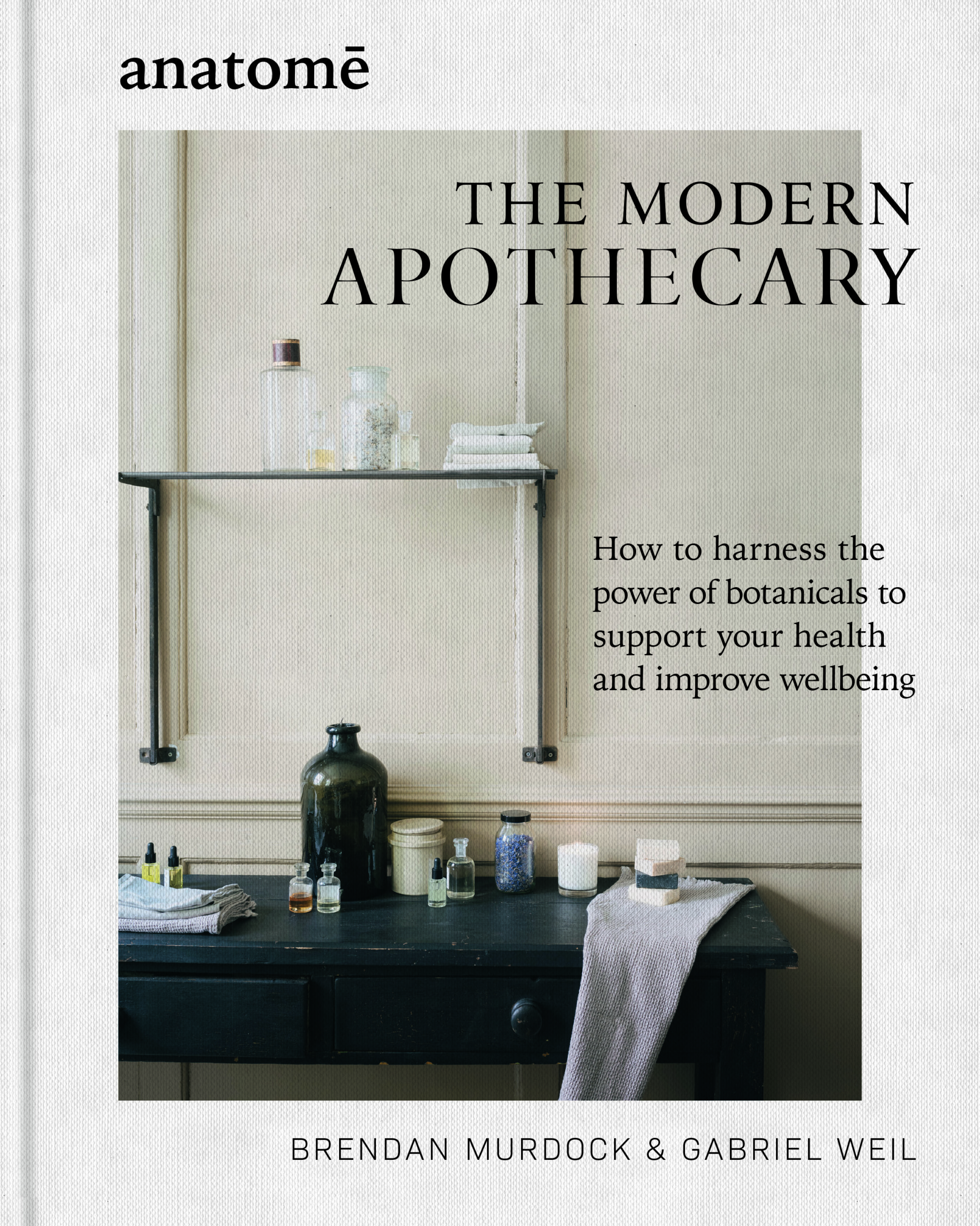Modern Apothecary: Everyday Practices For Your Well-Being
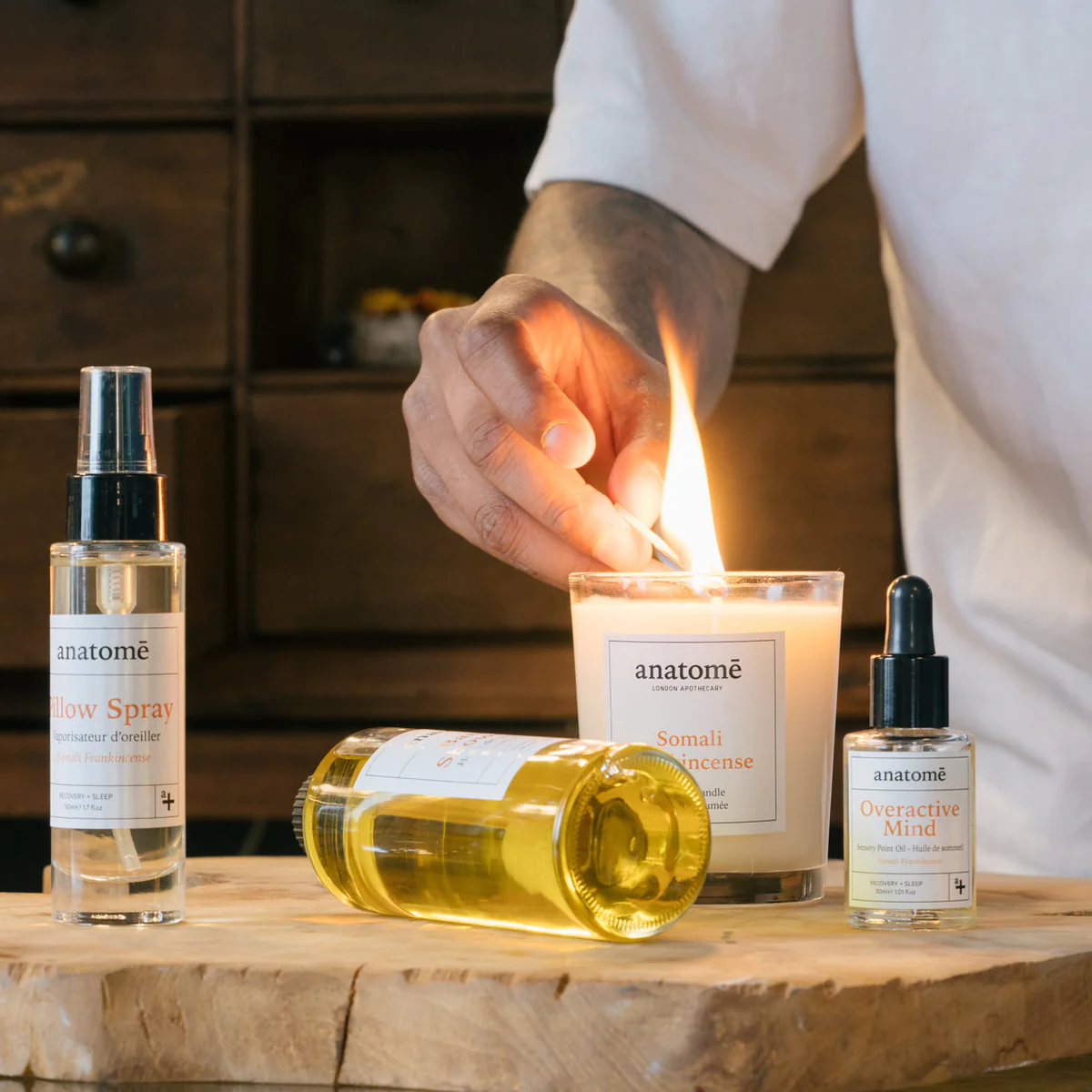
Share This Article
Brendan and Gabriel, authors of The Modern Apothecary, chat about well-being villains, everyday health rituals, and the importance of nature for our overall health.
| All products featured on The Wellness Feed are independently selected by our editors. However, when you buy something through our retail links, we may earn an affiliate commission.|
Our lifestyles and daily rituals have a direct impact on our well-being. Meditation can reduce stress and anxiety just as excess screen time can contribute to it. It’s no wonder that Brendan Murdock follows the mantra, “The best practice is the one you can easily incorporate – and manage.” It’s small choices like putting down our phones to go on a 10-minute walk or mediation break at work, that can improve our our overall health in the long run. In the book, The Modern Apothecary, Brendan Murdock and Gabriel Weil of the London-based wellness brand anatomē, break down and explore the 5 pillars of wellness- sleep, balance, movement, focus, and diet- and share the ways (like mediation) we can improve our well-being.
Unlocking the Secrets to Staying Motivated in Your Wellness Journey
The book is also a mini history lesson about how apothecaries were safeguards for society’s well-being and how the pillars of wellness have evolved over centuries. While society’s connection to wellness has changed since the time of the ancient Greek, the pillars of wellness and the link between nature and our well-being have remained mostly unchanged. Fresh herbs are still a wellspring of nutrients to add to meals. Walking in nature is calming for the mind. And, using herbs like lavender (spritz onto your pillowcase) can still help you to have a restful night’s sleep.
Ahead of the launch of their book- a beautiful coffee table read alive with rich images- Brendan and Gabriel shared their thoughts on the role our lifestyles can play on our well-being and how we have the power to bring about the greatest changes we want to see in our lives.
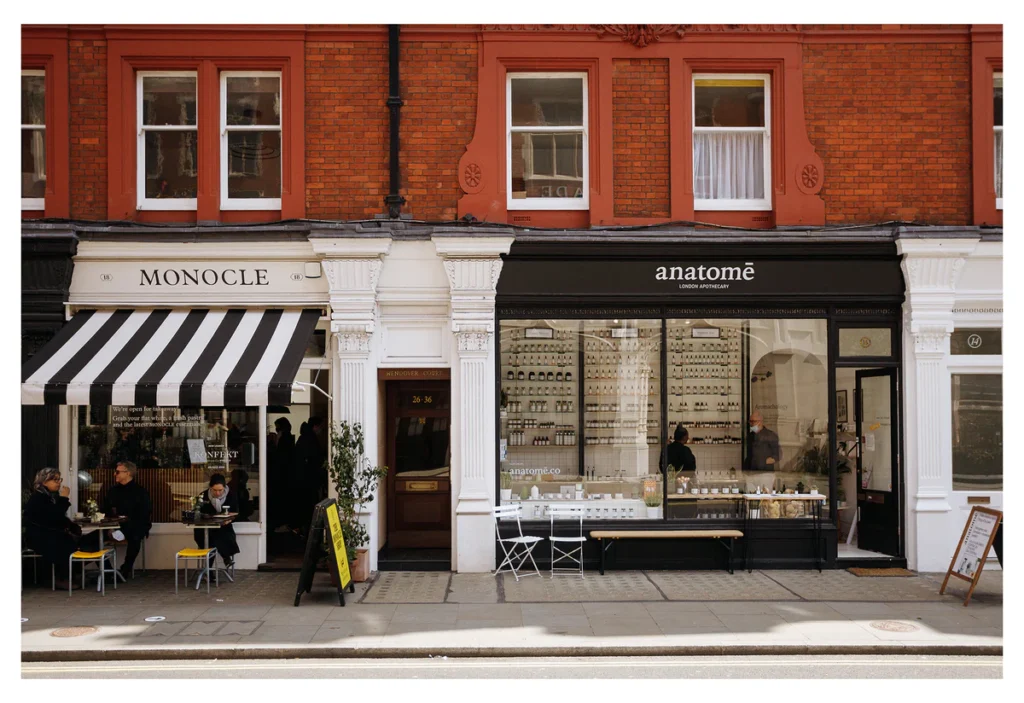
How do you use nature to improve your wellbeing?
I’m lucky to live in London, and even luckier to live near one of its parks. No matter how hectic the day ahead may look, I prioritize a walk or a run in Regents Park. The greenery and perceived distance from urban madness help me clear my head and switch on my energy for the coming hours.
For those who don’t have easy access to nature, how can we use plants to cultivate wellness in our homes?
What kind of plants do you like? I recommend starting with something fragrant, like a herbal garden. Rosemary, Thyme, Mint, Coriander, Parleys, and other “useful” plants can give you great satisfaction. Imagine smelling your home-grown garden and enjoying its therapeutic properties. Or using them to season your dishes or make teas and infusions?
How can we manage stress and practice well-being during the summer (and the pressures of having a ‘beach bod’, planning vacations, work, etc.)?
We’re always late for the perfect beach body, aren’t we? I try to focus on the beach mindset. Summer is busy for some industries – we’re certainly amongst them. If I’m in town working, I try to incorporate some holiday habits into my routine: a fresh lemonade mid-morning, an outdoors lunch, light, summery clothes, and an afternoon walk. Another good tip is to make menu changes. Lots of salads and fresh food, fruit, fish, and other light options help you feel lighter – and that includes your body. The perfect beach body? Aren’t you glad there’s always next summer?
Your book mentions wellbeing villains. Can you briefly tell us what they are and how to avoid them?
We selected the well-being villains based on conversations with our community. Our customers and friends admitted to being too attached to social media, trapped in work issues, eating badly, and anxious about social presence and relevance. These are dangerous realities, and we all deal with at least one. I see it as self-gaslighting. And the best way to tackle them is to be aware. Whenever we see ourselves over consuming unpleasant information, nutritiously poor food, or even drowning in passive-aggressive work emails, we can tall ourselves: “I see you, “wellbeing villain””. And then we can control, manage, or stop it consciously.
Your book has a few practices for wellbeing (breathwork, sleeping practices, etc.) Is there one that you recommend as a must for our readers?
The best practice is the one you can easily incorporate – and manage. We wrote guidelines, but not rules. My advice is: 1 – Choose a moment where you’re most likely to relax, preferably free from interruptions. It can be a shower, bedtime, or any other. Then you can apply the steps that best suit you, and why not create your own self-care practices? I like the bedtime practice the most, as I value my sleep deeply!
Are there herbs/ scents that you recommend for facilitating a sense of happiness or relaxation?
Aromachology is the science that studies the connections between scent and the brain. It’s fascinating! While botanicals are known for triggering effects in the brain, we can’t help electing our favourites (and that’s highly personal). I’m fond of chamomile, lavender, and frankincense, anatomē’s sleep ingredients. I also like ginger as a stimulant and energizing scent.
An Expert Shares Her Sustainable Gardening Tips For Indoor & Outdoor Plants
We’re launching a well-being parfum collection that celebrates aromachology and the power of scent more than before. Imagine applying your fragrance and getting a feeling of focus. Or switching up your energy? We worked for almost two years on it, and it’s finally out!




What’s an herb that we can also add to our diet for improved wellness?
If you’re looking for an herb to add to your diet for improved wellness, there are some great options that can help with relaxation, focus, and energy.
Lavender: Is fantastic for relaxation. Its calming scent can help reduce stress and anxiety, which is why it’s often used in aromatherapy. You can also add lavender to your diet by making lavender tea, adding it to baked goods, or even using it as a garnish in salads.
Lion’s Mane: Is actually a medicinal mushroom that’s great for enhancing focus and mental clarity. You can find it in supplement form, but it also works well in smoothies, soups, and stir-fries.
Ginger: Is a powerful herb that can boost your energy levels. It’s often used in aromachology for its invigorating properties. Plus, it’s super easy to add to your diet—just throw some into your tea, smoothies, or any dish for a spicy kick and health benefits.
Nature. Sustainability. Wellbeing. They all go hand in hand. How are you sustainable in your everyday life?
I often worry about how hypocritical we all are about sustainability. I question my habits and try to eliminate wasteful gestures in everyday life. At anatomē, since our production is inherently minimal-impact, our main focus is packaging. We are implementing refill and reuse for our range – a challenge for some formulations, but there’s still a lot of work to do. We’re getting there.
In my personal life, my latest discovery is circular fashion: I cleared my wardrobe, sold clothes to support charities, and learned to shop less and better. I’ve even delved into vintage, which wasn’t cool when I first discovered fashion in the 90s. I’m also very mindful of my food consumption: I’ve been shopping local and organic, and avoiding plastic packaging.
And, you know what? It’s fascinating how we can awaken a wonderful form of elegance, style, and well-being by making clever, sustainable, and mindful choices. It makes you feel connected with the world around you, younger in spirit, and de-clutters any greedy feelings we may have.

